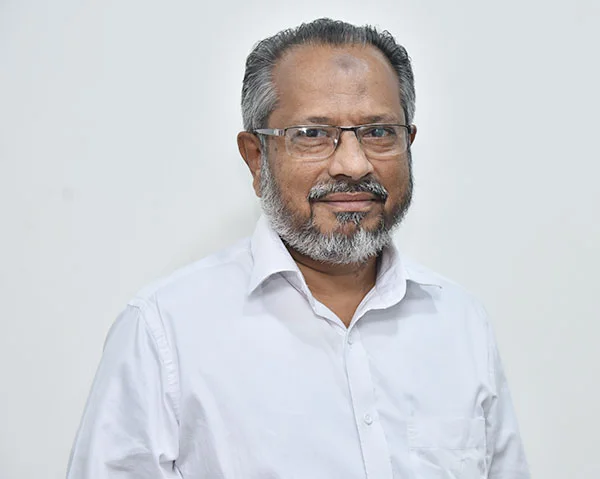New Delhi: T. Arif Ali, Secretary General of Jamaat-e-Islami Hind, recently addressed the urgent need for communal harmony in India, particularly following the tragic killing of Aryan Mishra by cow vigilantes on August 27. He highlighted that the alleged shooter, Anil Kaushik, expressed regret to Mishra’s father, mistakenly believing that Mishra was a Muslim, and sought forgiveness. This incident underscores a troubling societal mindset, where the killing of a Muslim, Christian, or Dalit is often viewed with indifference, while the murder of a Brahmin is perceived as a grave sin.
Ali referenced the poignant words of Rahat Indori: “Lagegi Aag To Aayenge Ghar Kai Zad Me. Yahan Pe Sirf Hamara Makaan Thodi Hai,” emphasizing the shared nature of humanity. He pointed out that the statement made by Mishra’s father raises critical questions about the Haryana government’s apparent allowance for lawlessness and the ongoing violence.
Mishra’s mother, Uma, voiced heart-breaking concerns, asking, “Are Muslims not human, and are they not our brothers?” Ali stated that this sentiment reflects the thoughts of many in India, offering a glimmer of hope that compassion still thrives. He urged the Muslim community to strengthen such voices and work to counteract the narratives of hate.
In his address at a public debate on communal harmony, Ali explained that understanding communal responsibility begins with the Islamic principle that Muslims are part of a global Ummah, not merely a qaum. He emphasized that the responsibility of the Millat-e-Islamia is to rise to the occasion, conveying the true message of Islam, the Quran, and the teachings of the Prophet ﷺ.
Ali outlined two key responsibilities: “amr-bil-Ma’roof” (ordering for acknowledged virtues) and “nahi anil munkar” (forbidding from sin). He stressed the importance of engaging with others, asserting that isolation is detrimental to the Muslim community and that meaningful engagement is essential for fulfilling their responsibilities.
On the topic of communal harmony, Ali highlighted that the fundamental principle in Islam is the dignity of every individual. He noted that the last sermon of the Prophet Muhammad ﷺ emphasized the purity of every person’s blood, material wealth, character, and dignity, which aligns with the values of human dignity, unity, equality, and diversity – elements that are part of Allah’s design.
Ali warned against the shrinking space for logical debate, stating that without an environment conducive to discourse, communities may become insular, leading to significant challenges. He called for the preservation of democratic values and open dialogues, emphasizing that good rapport with fellow citizens and social mixing can foster peaceful coexistence.
He concluded by reiterating that brotherhood for the sake of communal harmony is not just a strategy but the very soul of Islam. Ali urged the development of stronger bonds with fellow citizens to enhance pluralism. He called for social welfare projects that benefit individuals of all faiths and encouraged raising voices against injustice for all communities, advocating for the creation of “Sadbhavana Manch” everywhere, in collaboration with religious leaders.




